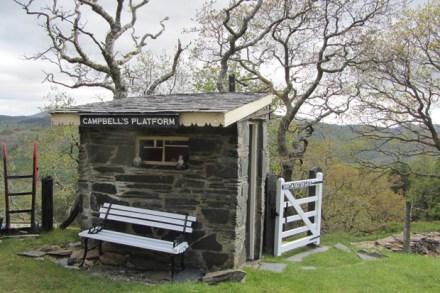The train stations that don’t really exist
In 1964, as part of his railway cuts, Dr Beeching ordered the closure of Duncraig, a small, little-used station in the Scottish Highlands. The train drivers working the line simply ignored him. They continued to stop there, and the station remains open to this day. A world where nothing ever changes, or indeed happens —




















